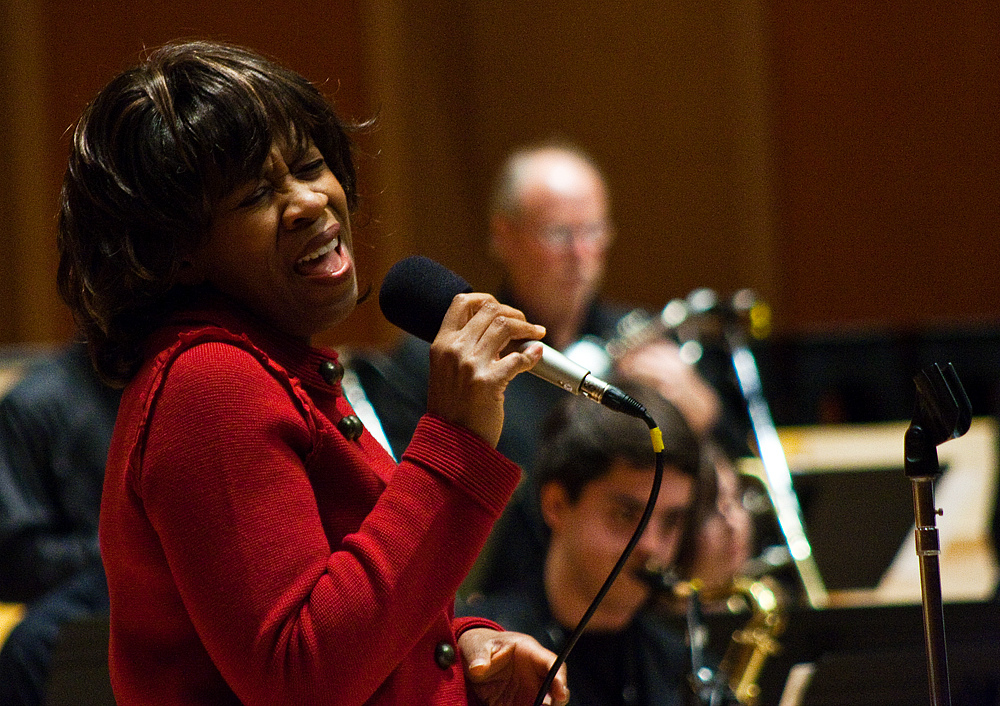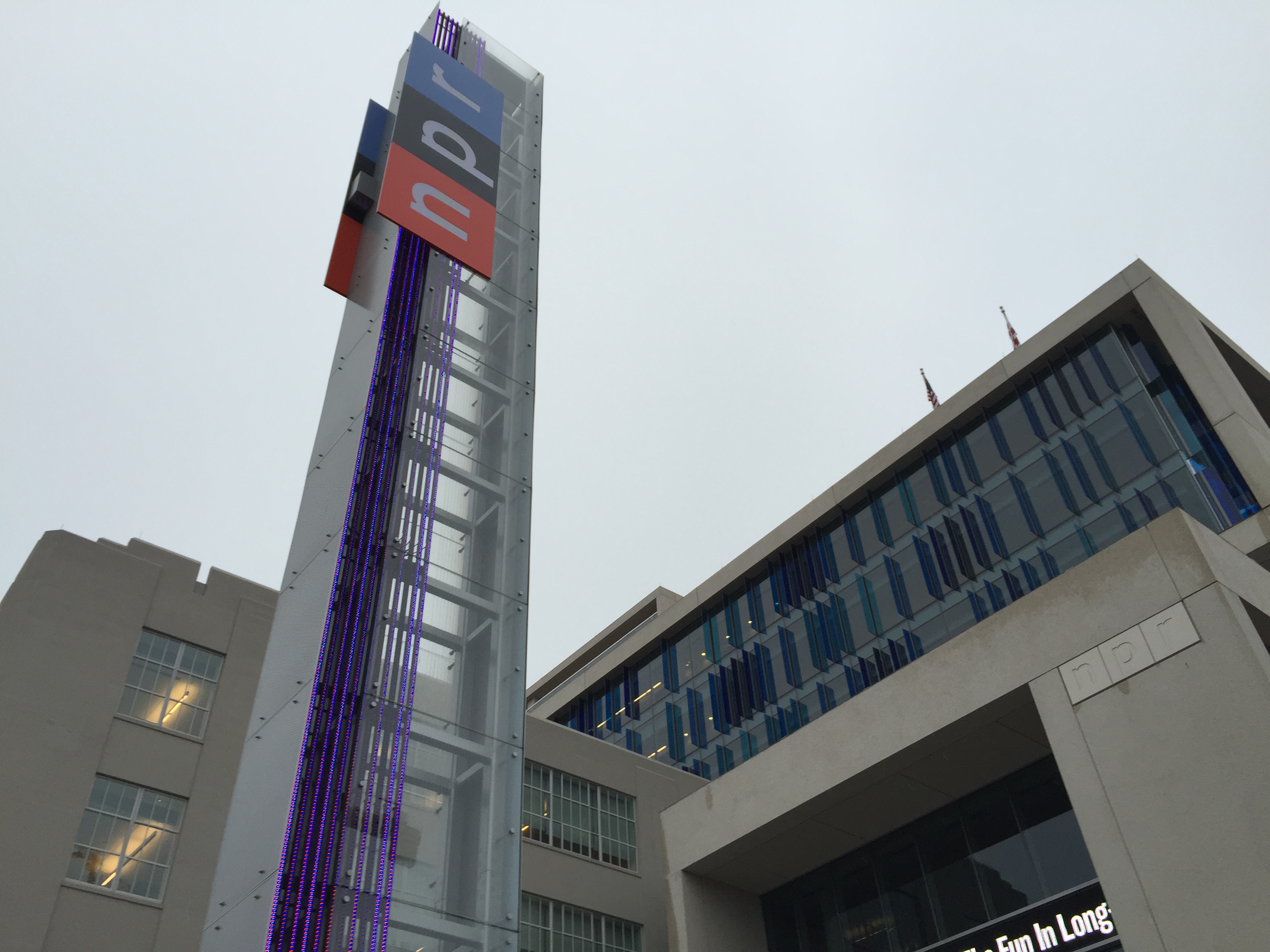Tag: KPLU
KPLU launches $7 million campaign to survive as independent station
The station has only six months to raise the funds.Universities agree to consider community bid for KPLU’s license
The sale of KPLU in Tacoma, Washington has a new wrinkle as the buyer and seller have agreed to let a community ...Students, supporters protest KPLU sale
A Friends of KPLU group has also formed with ambitions of purchasing the station.KPLU advisory board asks licensee to reconsider sale
The board hopes the university will consider other options, including community ownership.KPLU advisory board votes against sale
The board meeting gave staffers and community members a chance to voice their unhappiness about the sale.Deal in Washington expands KUOW’s reach, leaves KPLU staff in limbo
The deal was a long time coming, but when it finally arrived, it still took the staff of KPLU by surprise.KUOW licensee plans to buy rival KPLU
KPLU will change to an all-music format and get new call letters.Drop in younger listeners makes dent in NPR news audience
The trend could affect revenue for NPR and its member stations.KPLU finds success by focusing on local jazz scene
Jazz, blues and news station KPLU has increased its focus on local jazz and has seen a 20 percent bump in revenue ...Tuesday roundup: Nycklemoe out at KPLU; Cohen retiring from PRPD presidency
Plus: A columnist sounds off on Slate's pubmedia-esque membership program, and NPR unearths its Internet beginnings.Pubcasters capture 21 national Edward R. Murrow Awards
WLRN in Miami won large-market radio Murrows for feature reporting and use of sound. Chicago’s WBEZ also won for news documentary and ...Pubradio contenders dominate radio division of Sigma Delta Chi Awards
Public radio reporters took all nine awards for radio reporting in this year’s Sigma Delta Chi Awards, which recognize outstanding reporting on ...Two more feeds syndicate jazz to public radio
Public radio stations shopping for a plug-and-play jazz stream now have double the options to consider, with two newcomers to the field ...






